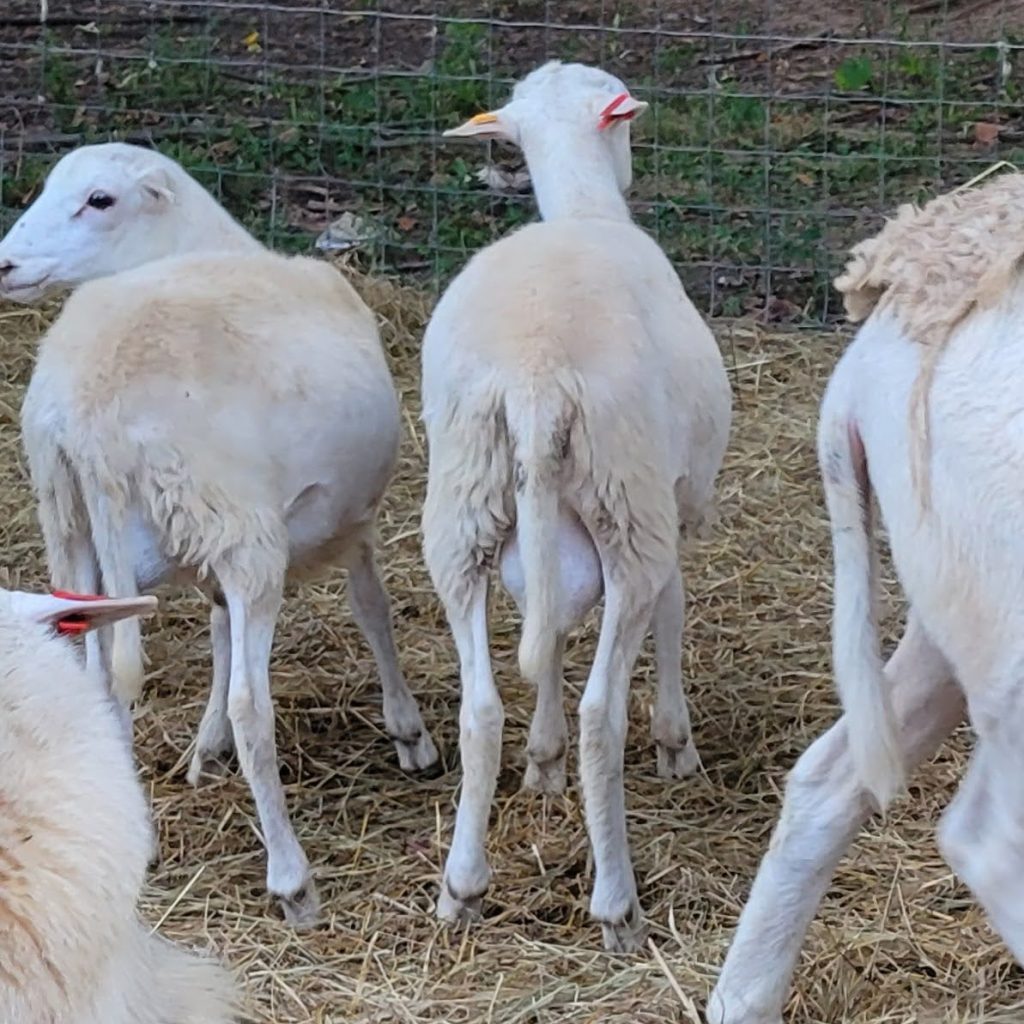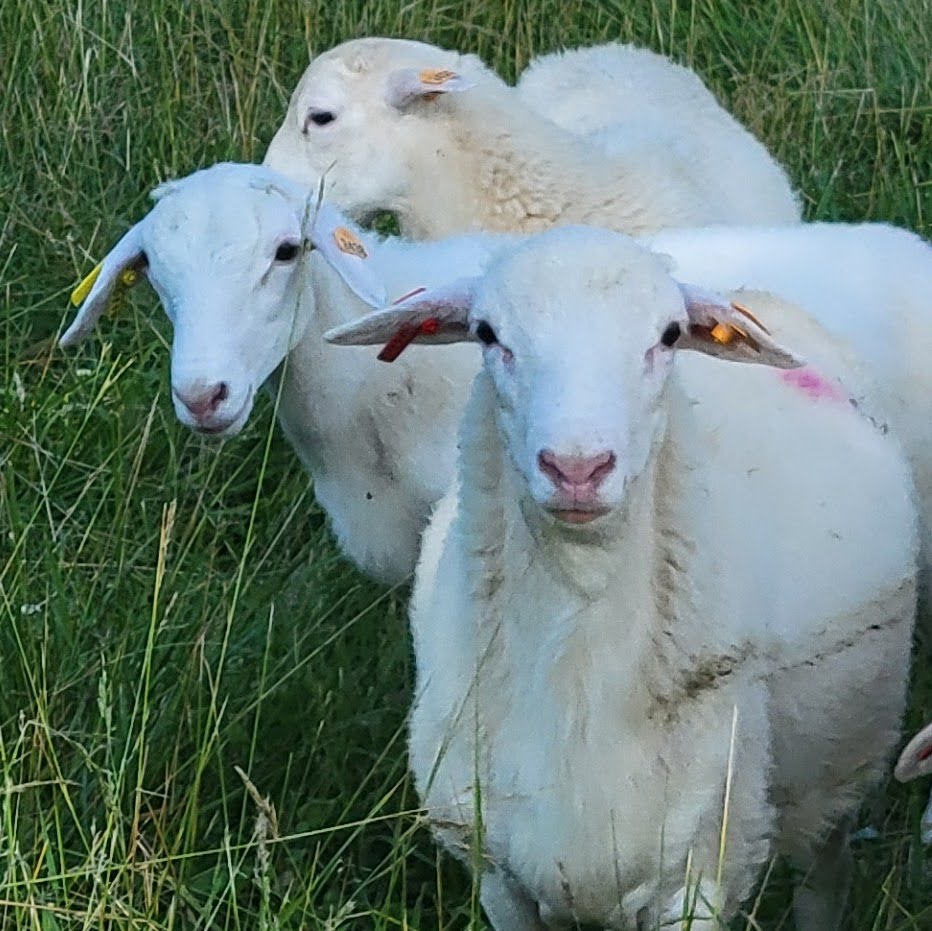Someone recently asked me how I go about selecting the right ram. This is an important question, and by asking, a new breeder is demonstrating their interest in developing a solid flock. St. Croix ram selection is the most important decision in a seed stock breeding program. Get the best ram you can afford and be prepared to travel if necessary. Never buy your ram based on convenience!
Why are Rams so Important?
Nothing affects the genetic quality of your flock more than selecting the right ram. This may sound sexist, but think about it. This is because a ram has far more potential to change the genetics of a flock than a ewe. His genetics will influence many more lambs than a ewe can. As an example, my oldest ewe, now 8 years old, has produced 14 lambs in her lifetime. Meanwhile, my 6-year-old ram has produced 81; EIGHTY-ONE lambs. His genetics are spread far and wide, while hers are limited.
How Do I Choose?
When searching for a new ram from a breeder, it’s important to ask lots of questions. Find out if the breeder’s management style is a close match to yours. Request a copy of his pedigree and compare it to the lineage of your ewes. Does he offer fresh genetics?
Ask to see performance data for the ram and, if available, his parents. Did he grow well through weaning? If so, this indicates that his mother is a good milk producer and you can expect his daughters to do so as well. What was his average daily gain after weaning? Avoid rams that “hit a wall” and stop growing after weaning for a while. Ask for a fecal egg count at 90-120 days and compare it with his peers.
Evaluate the ram’s conformation, starting at the feet and legs, then the back, and finally the chest and hind quarters. Is he fleshy, wide, and muscular? Or is he narrow, bony, and lanky? Make sure his rear end is clean and hooves aren’t overgrown or oddly shaped. Are his eyes clear and nostrils clean? Does he move freely and seem alert? Does he appear masculine, with a broad head and thick neck? Generally speaking, a broad head is followed by a broad chest and hips, and is a sign of masculinity.


Ask the breeder about their biosecurity practices. Do they perform regular disease testing in the flock? What is their flock’s disease status? If the ram is over a year old, request that they test the ram before agreeing to purchase him. When buying a ram less than a year old, ask about the disease status of the ram’s dam. If the breeder has not done and will not do any disease testing, ask them about their refund policy should the ram test positive upon arrival to your clean isolation area.
Sealing the Deal
If possible, go look at the ram in person, and ask the breeder to allow you to compare him with their other rams that are the same age. If you can’t go in person to evaluate the ram, ask the breeder to send many photos taken from different angles. Better yet, ask the breeder to video the ram for you as well so that you can see him moving and among other flock members. You might be able to have a video-conference call so that you can ask questions while they show you the ram.
If you need the breeder to hold the ram on reserve for you so you can arrange transport, be prepared to pay a deposit. Most breeders ask 10-50% of the final price. Do your homework and make sure the breeder is an active member of one or both of the recognized breed organizations (SCHSB or SCHSIA) before making payment. Avoid using online apps that have no buyer protection, and ask for a Purchase Contract that both parties sign. If you need the breeder to board the ram for more than two weeks, be prepared to pay a small boarding fee.
I Have My Ram: Now What?
Pay close attention to the performance of your ram’s prodigy. Do not be afraid to cull the ram if you are disappointed in his lambs. This is especially true if you are comparing his lambs to those of another ram you use in the same year(s) over similar ewes. Rams are easy to come by, so just start the search again!

